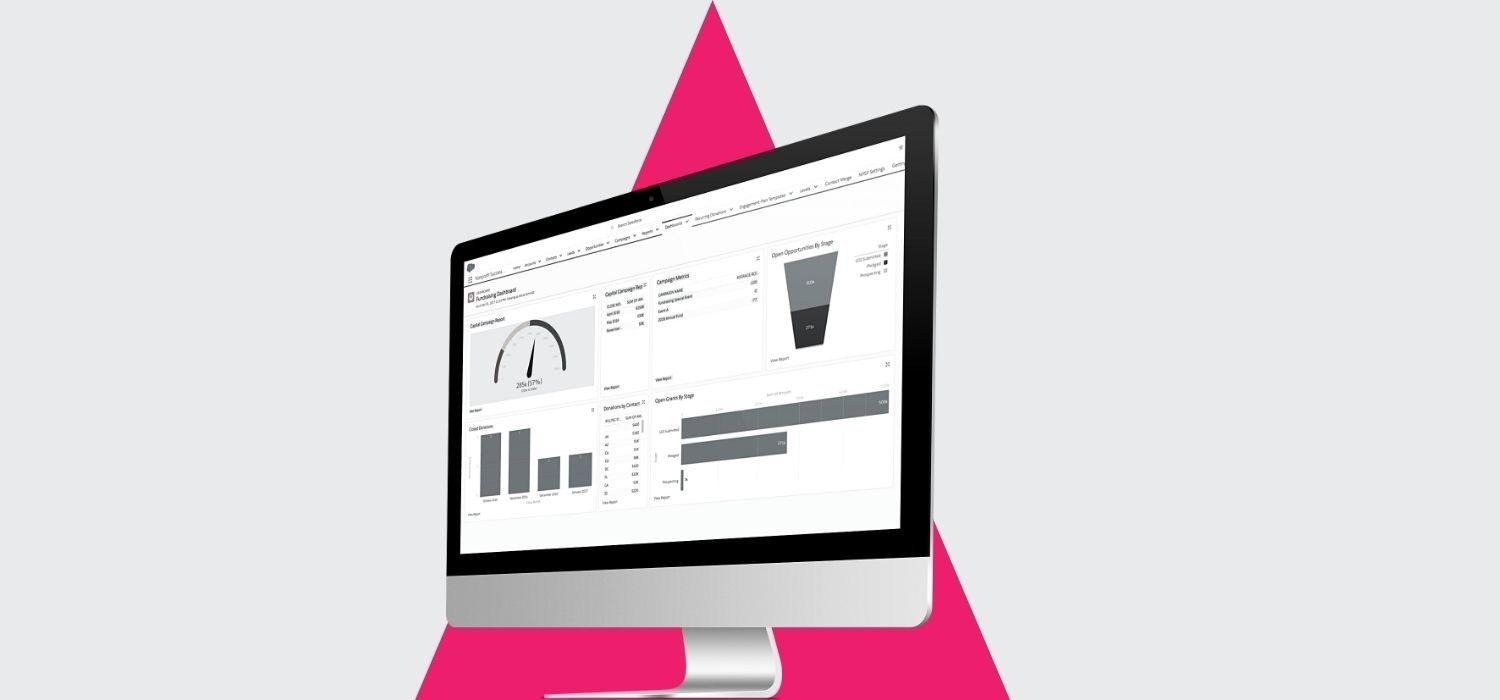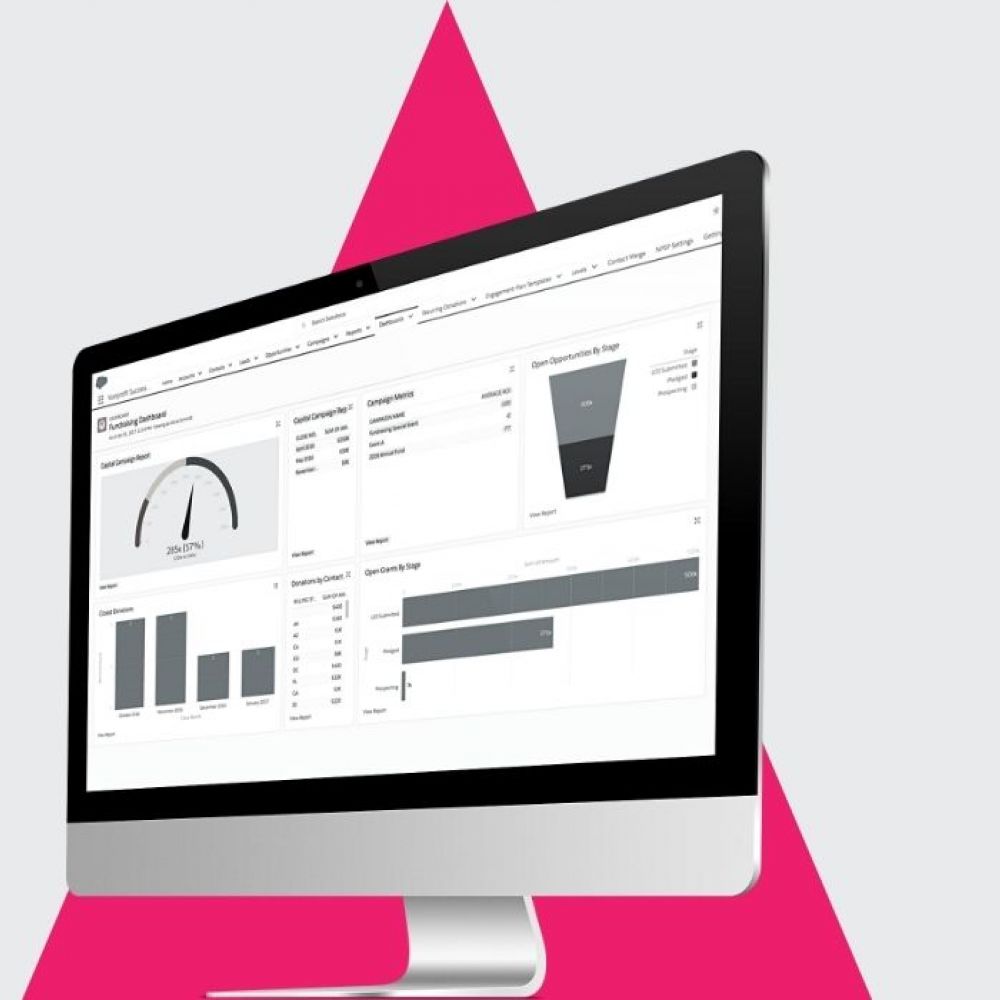Salesforce vs Hubspot vs SAP vs Microsoft Dynamics – Finding YOUR B2B Sales CRM
There are many great B2B CRMs out there. We’re here to make it less chaotic for you.


How many customer relationship management (CRM) systems are there out there for B2B sales? More than you’ll care to count – which can be daunting if you are trying to answer the question “Which CRM is the best one?” As I said in the first article in this series, the answer truly depends on your specific needs. First things to consider are the size, type and complexity of your organization, including the complexity of your sales in terms of products, channels, processes and people. I’m using three general categories paired with some of the well-known software systems to help give you a starting point in determining where to start looking for YOUR business-to-business sales system.
Hubspot sweet spot: entrepreneurial companies with singular product/sales process
Are you an entrepreneurial company with sales being driven inbound from your marketing efforts or a single product line/channel sale? Something like a Hubspot – which even has a pared-down free version – may be a great fit to start you off. As a young company, you have straightforward needs, primarily launching a central database for your company that is fast to get up and going, easy to use – and not detrimental to your bottom-line.
Focus on finding a lightweight CRM that can contain your info, manage your sales process and keep you connected to your prospects and clients. Other CRM tools that fall into this category include Pipedrive and Capsule. Check out their free trials, along with at least one other member of your team (preferably a sales rep type), and just pick the one you both like. You aren’t stuck forever with it. As you grow and evolve your organization, you can always migrate to something more sophisticated, if/when needed.
Where something like an SAP is warranted: global companies with a multitude of… everything
This is the other end of the spectrum. If you are a Fortune 100, multinational company with many channels, a myriad of sales teams/models and intertwined, intricate (dare we say, potentially Byzantine) requirements? Nothing short of a systemic reinvention with something like an SAP may be just the thing – but it comes with an equivalent seismic expenditure of time, money and emotional energy to make it happen.
Typically, you’ll have started down this path through your operational team leveraging SAP’s intrepid ERP and financial systems to support that end of the business. If your sales organization has the complexities I described above, it can make a lot of sense to use SAP’s omni-channel CRM elements. But before you just decide to take this “path of least resistance,” realize it will still be a complicated transition process. If your organization has grown over time and acquisition, you may have multiple sources of sales data in multiple structures that need to be transformed and transitioned. Getting the data right is the difference between having a customer relationship system you can count on; and one that is a technological waste of time and money.
You’ll also need to plan for the normal “rep resistance to change” – CRM is what they do to make sure they get paid, not something they love to do – so plan accordingly (more on how to address this in final article in series – to come). And all this will need to happen without clients’ orders and services being affected – a tall order. And if you aren’t sure that SAP’s CRM is truly the best fit, look at some of the other options available. Today’s CRM systems are built to be more flexible to connect with existing systems, including ERPs and accounting systems.
Salesforce or Microsoft Dynamics – a fit for you?
This is the category where most businesses are going to find themselves. You have complex sales and business processes – hunters, farmers, individual contributors and teams, alliances and/or alternate distribution channels – plus you need to interconnect with your other systems and functions to make your processes relatively seamless (more on this in next article). There are a great selection of tools out there that can support your efforts – including some of the bigger names in B2B CRM: Salesforce and Microsoft Dynamics. Each has varying levels of license/flavor types, but what makes them useful for the majority of organizations is that they are both flexible and adaptable. You can configure and customize without necessarily writing custom code – but with all the horsepower you need to support complex B2B sales cycles. Each of them also have a plethora of add-on products from partner organizations who have developed native functionality on their respective platforms. Again, no need to custom code, which insures your software is easy to update and maintain without breaking.
One of the major things about both these products are their capabilities around securing/parsing access to your data. All CRM systems offer some type of security, but these workhorses allow you to be specific in how you carve out user’s access, down to the specific records, types of information and individual fields. PCI compliance is, of course, the minimum for handling data – but if your business also needs to be HIPAA compliant, either of these databases can be incorporated into your environment. The software itself isn’t necessarily compliant – you still have to do the configuration, etc. to meet the requirements – but each are flexible enough to adapt to your specific needs.
Wrap-up and next steps
At this point, you may be a little overwhelmed and wondering “Where do I start?!?”. Start by assessing your own organization. Do you see your organization in one of the groups above? Check out the demos of the products (they all have videos with corresponding case studies/ documents on their sites). You can also “try before you buy” with most of them. See yourself in more than one of the groups? Look at the Salesforce/ Microsoft Dynamics-type of offerings. Their flexibility can help you bridge the gaps between where you are today and where you are going.
And next in the series, we’ll look more closely at integrating your B2B CRM with your other existing (or planned for) systems.
Other Insights
Contact Us
Monday Loves You
1770 West Berteau Avenue, #206
Chicago, IL 60613
312.973.1112
hi@mondaylovesyou.com
©Duple Meter LLC 2024
Contact Us.
Monday Loves You
1770 West Berteau Avenue, #206
Chicago, IL 60613
312.973.1112
hi@mondaylovesyou.com







